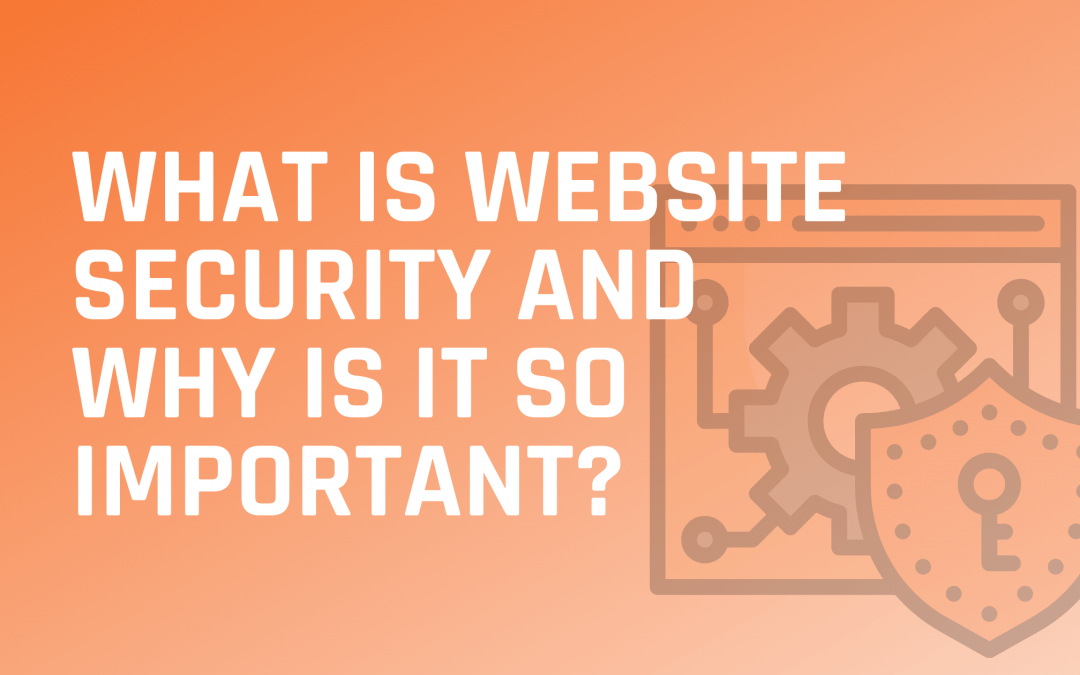You can’t afford to compromise on website security, not with hackers getting bolder and smarter each day. Cybercriminals release almost 230,000 malwares daily, targeting websites of all sizes – large, medium, and small.
And 50,000 sites, most of them belonging to small and medium businesses, fall victim daily.
Contrary to popular opinion, hackers don’t just steal data and personal information. They penetrate websites to increase their computing power and perpetrate criminal activities undetected.
Following a successful breach, a hacker hijacks your web servers to mail out spam laden with malware and ransomware. They can turn your computer into a bot and use it to mine for Bitcoin or create an attack botnet.
Why is Website Security Important for Your Business?
Web security forms a formidable line of defence against this exploitative force. It also keeps cybercriminals from ruining your business. Some of the benefits that make securing a website a top priority include:
It Protects Your Search Rankings and Web Traffic
Google, Bing, and other search engines routinely blacklist websites with inadequate security measures. Blacklisting is a subtle but costly penalty where the search engines omit your website from the results.
An insecure site attracts prowling hackers since they are a treasure trove of personal and financial information, including social security numbers, credit card, and passwords. It exposes web visitors to phishing scams, ransomware attacks, malware insertion, and virus infections.
By eliminating such websites from the search results, search engines reduce the number of potential victims.
The top three sites on the search results get 42%, 11%, 8% of the search traffic, respectively. Falling off the top of search results sounds the death knell for your business.
It results in loss of revenue and lucrative search traffic as your competitors reap from the downfall of your site.
It Prevents DDoS Attacks
Short for distributed denial of service, DDoS attacks are the most common web security threats. DDoS refers to an attempt by hackers to overload a website with spoofed IP addresses to disrupt regular web traffic.
The primary aim of a DDoS attack is to prevent users from accessing your website, thereby denying you sales and revenue.
Hackers infect computers and other digital devices with malware to create a botnet, a system of infected devices. Botnets can comprise hundreds, thousands, or millions of computers and other internet-enabled devices.
With a single command, a hacker can direct the botnet to attack your website. Each of the malware-infected devices in the botnet sends a request to access your site simultaneously.
Ultimately, the increasing illegal requests overwhelm your server to the point of overflow, and the site can’t handle any more visitors. Since your website is operating beyond its capacity, genuine shoppers can’t access it.
It’s challenging to separate DDOS attacks from the regular web traffic since each request comes from a legitimate internet device.
It Avoids The Website Not Secure Tag
Nothing raises a red flag with web visitors like a not secure tag on the address bar. It shows that the site lacks an SSL certificate, which is the golden standard protecting web users from lurking hackers and cybercriminals.
A website not secure tag on an eCommerce site tells the prospects that hackers can steal their identity and financial information that they risk a malware and virus infection, or being redirected to a phishing website.
Online shoppers are a skittish bunch who will bail at the first sign of uncertainty. They’re quick to click away from your site, costing you the sale and increasing your bounce rate, which lowers your search result ranking.
Failing to install an SSL certificate on your website amounts to rolling out a welcome mat to cybercriminals. You’re inviting them to track and steal information, corrupt your data, and install harmful malware into your site.
The malware can spread from the website and infect your personal computer. An infected computer exposes you to identity theft, financial loss, and ransomware.
It Protects Your Brand
If a hacker penetrates your website, they can severely compromise your brand and ruin your reputation. Sometimes cybercriminals have more sinister motives up their sleeves.
They may want to seize your email list and use it to relay spam or malware. Once they have your email list, hackers can send email blasts with dubious offers and promotion as part of an elaborate phishing scheme.
They exploit the trust you’ve built with your customer base to increase the open rate malware-laden emails. Once your customers open the promotional emails, they’re lured to a fake site or have their computers infected by malware.
Unwittingly, your brand becomes a perpetrator of internet scams, ruining the reputation that you’ve painstakingly built for a long time.
The resultant fallout is likely to cause irreparable damage to your brand reputation and sees your costumers decamp to the competition in droves.
Securing your website lets you protect your customer data and information from unauthorised users, which in turn safeguards your brand reputation.
Don’t Let Hackers Destroy Your Business
Prowling cybercriminals are in a relentless hunt for websites they can exploit for selfish gains. They will penetrate websites to steal data information, build botnets, install malware and ransomware, relay spam, or to mine bitcoins.
These criminals use your unsecured website as a conduit to prey on your unsuspecting customers at your expense. The resultant fallout not only ruins your business but could potentially expose you to expensive lawsuits.
Retaining the services of a skilled expert can help you eliminate the most common website security threats and grow your business.


Recent Comments